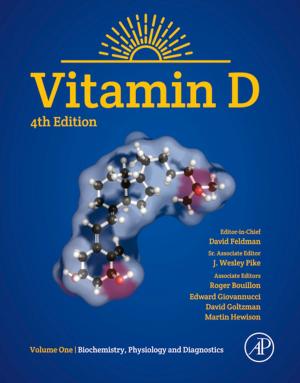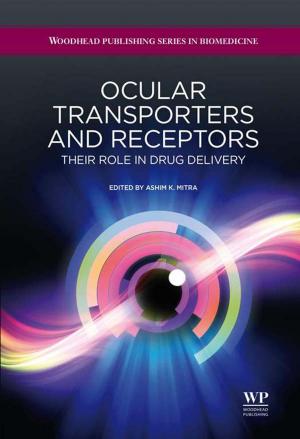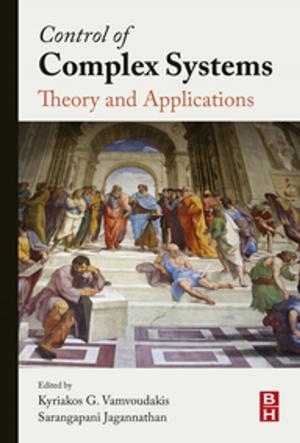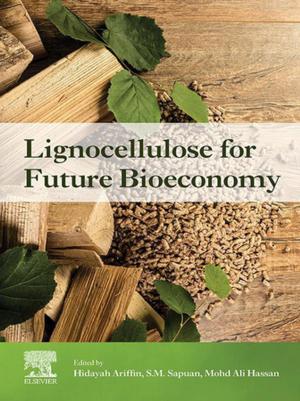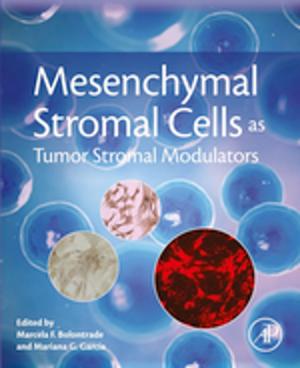Food Chain Integrity
A Holistic Approach to Food Traceability, Safety, Quality and Authenticity
Nonfiction, Science & Nature, Technology, Food Industry & Science| Author: | ISBN: | 9780857092519 | |
| Publisher: | Elsevier Science | Publication: | March 15, 2011 |
| Imprint: | Woodhead Publishing | Language: | English |
| Author: | |
| ISBN: | 9780857092519 |
| Publisher: | Elsevier Science |
| Publication: | March 15, 2011 |
| Imprint: | Woodhead Publishing |
| Language: | English |
Improving the integrity of the food chain, making certain that food is traceable, safe to eat, high quality and genuine requires new diagnostic tools, the implementation of novel information systems and input from all food chain participants. Food chain integrity reviews key research in this fast-moving area and how it can be applied to improve the provision of food to the consumer.
Chapters in part one review developments in food traceability, such as food ‘biotracing’, and methods to prevent food bioterrorism. Following this, part two focuses on developments in food safety and quality management. Topics covered include advances in understanding of pathogen behaviour, control of foodborne viruses, hazard ranking and the role of animal feed in food safety. Chapters in part three explore essential aspects of food authenticity, from the traceability of genetically modified organisms in supply chains to new methods to demonstrate food origin. Finally, part four focuses on consumer views on food chain integrity and future trends.
With its distinguished editors and expert team of contributors, Food chain integrity is a key reference for all those tasked with predicting and implementing actions to prevent breaches in the integrity of food production.
- Reviews key research in this fast-moving area and how it can be applied to improve the provision of food to the consumer
- Examines developments in food traceability, such as food ‘biotracing’, and methods to prevent food bioterrorism
- Focuses on developments in food safety and quality management featuring advances in understanding pathogen behaviour and control of foodborne viruses
Improving the integrity of the food chain, making certain that food is traceable, safe to eat, high quality and genuine requires new diagnostic tools, the implementation of novel information systems and input from all food chain participants. Food chain integrity reviews key research in this fast-moving area and how it can be applied to improve the provision of food to the consumer.
Chapters in part one review developments in food traceability, such as food ‘biotracing’, and methods to prevent food bioterrorism. Following this, part two focuses on developments in food safety and quality management. Topics covered include advances in understanding of pathogen behaviour, control of foodborne viruses, hazard ranking and the role of animal feed in food safety. Chapters in part three explore essential aspects of food authenticity, from the traceability of genetically modified organisms in supply chains to new methods to demonstrate food origin. Finally, part four focuses on consumer views on food chain integrity and future trends.
With its distinguished editors and expert team of contributors, Food chain integrity is a key reference for all those tasked with predicting and implementing actions to prevent breaches in the integrity of food production.
- Reviews key research in this fast-moving area and how it can be applied to improve the provision of food to the consumer
- Examines developments in food traceability, such as food ‘biotracing’, and methods to prevent food bioterrorism
- Focuses on developments in food safety and quality management featuring advances in understanding pathogen behaviour and control of foodborne viruses


